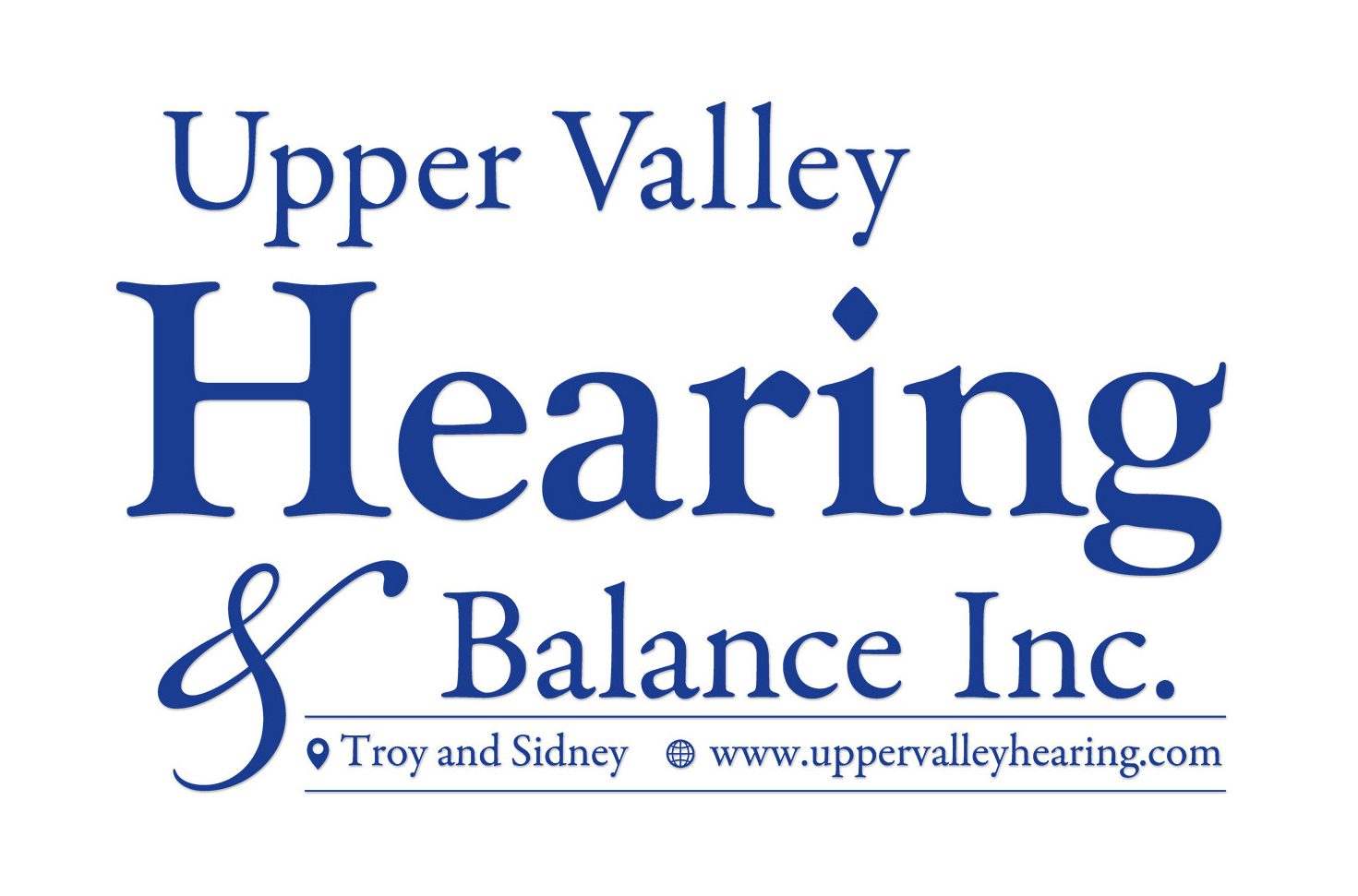Balance Problems and Disorders
Have you ever felt dizzy, lightheaded, or as if the room were spinning around you? These can be troublesome sensations. If the feeling happens often, it could be a sign of a balance problem. Balance problems are among the most common reasons that older adults seek help from a doctor. They are often caused by disturbances of the inner ear. Vertigo, the feeling that you or the things around you are spinning, is a common symptom.
Having good balance means being able to control and maintain your body’s position, whether you are moving or remaining still. Good balance helps you walk without staggering, get up from a chair without falling, climb stairs without tripping, and bend over without falling. Good balance is important to help you get around, stay independent, and carry out daily activities.
Causes of Balance Problems & Disorders
Upper respiratory, viral and bacterial infections
Stroke
Low blood pressure
Head injuries
Medications
Symptoms of Balance Problems & Disorders
Dizziness or vertigo
Falling or feeling as if you are going to fall
Lightheadedness
Blurred vision
Confusion or disorientation
FAQ’S
How are balance disorders treated?
The first thing an otolaryngologist will do if you have a balance problem is determine if another health condition or a medication is to blame. If so, your doctor will treat the condition, suggest a different medication, or refer you to a specialist if the condition is outside his or her expertise.
If you have BPPV, your otolaryngologist or audiologist might perform a series of simple movements, such as the Epley maneuver, to help dislodge the otoconia from the semicircular canal. In many cases, one session works; other people need the procedure several times to relieve their dizziness.
If you are diagnosed with Ménière’s disease, your otolaryngologist may recommend that you make some changes to your diet and, if you are a smoker, that you stop smoking. Anti-vertigo or anti-nausea medications may relieve your symptoms, but they can also make you drowsy. Other medications, such as gentamicin (an antibiotic) or corticosteroids may be used. Although gentamicin may reduce dizziness better than corticosteroids, it occasionally causes permanent hearing loss. In some severe cases of Ménière’s disease, surgery on the vestibular organs may be needed.
Some people with a balance disorder may not be able to fully relieve their dizziness and will need to find ways to cope with it. A vestibular rehabilitation therapist can help you develop an individualized treatment plan.
Talk to your doctor about whether it’s safe to drive, and about ways to lower your risk of falling and getting hurt during daily activities, such as when you walk up or down stairs, use the bathroom, or exercise. To reduce your risk of injury from dizziness, avoid walking in the dark. Wear low-heeled shoes or walking shoes outdoors. If necessary, use a cane or walker and modify conditions at your home and workplace, such as adding handrails.
What research is being done on balance disorders?
Scientists supported by the National Institute on Deafness and Other Communication Disorders (NIDCD) are studying animal ears to learn if inner-ear structures that help with balance but are destroyed by aging, medications, infections, or trauma can someday be regrown in people with balance problems.
Other NIDCD-supported scientists are testing vestibular prostheses—miniature devices that may be worn outside the body or implanted into the ear to regulate the function of balance organs in the inner ear and ease dizziness. Some of these devices are being tested on volunteers in clinical trials, and others are still being developed. Visit the NIH Clinical Research Trials and You website to read about these and other clinical trials that are recruiting volunteers.
NIDCD-funded scientists are also working to develop much-needed tests to appropriately diagnose balance disorders. Standardized tests will help doctors determine the best way to help individuals restore their sense of balance and quality of life. These tests will also help us understand how many people suffer from balance disorders, and track whether the sense of balance is restored following treatment.
How do we Test for Balance Disorders?
Vertigo, dizziness, and balance problems can be life altering. For many people it can affect their ability to do even the simplest daily tasks. If you are experiencing vertigo or balance issues, your doctor may want to refer you for a videonystagmography (VNG) balance evaluation.
VIDEONYSTAGMOGRAPHY (VNG)
The gold standard test for evaluating dizziness, balance and visual tracking disorders involving the vestibular system (within the inner ear). While wearing infrared goggles that transmit data to a computer, the patient undergoes a series of eye tracking and head movement tests. By measuring specific peripheral and central mechanisms governing eye movements as well as eye and vestibular reflexes, we can then assess the functional state of various areas of the brain.
Our Troy Location
210 S Market St
Suite A
Troy OH 45373
Our Sidney Location
915 W Michigan St
Yager Building, Suite 201
Sidney OH 45365
Schedule your evaluation today.
